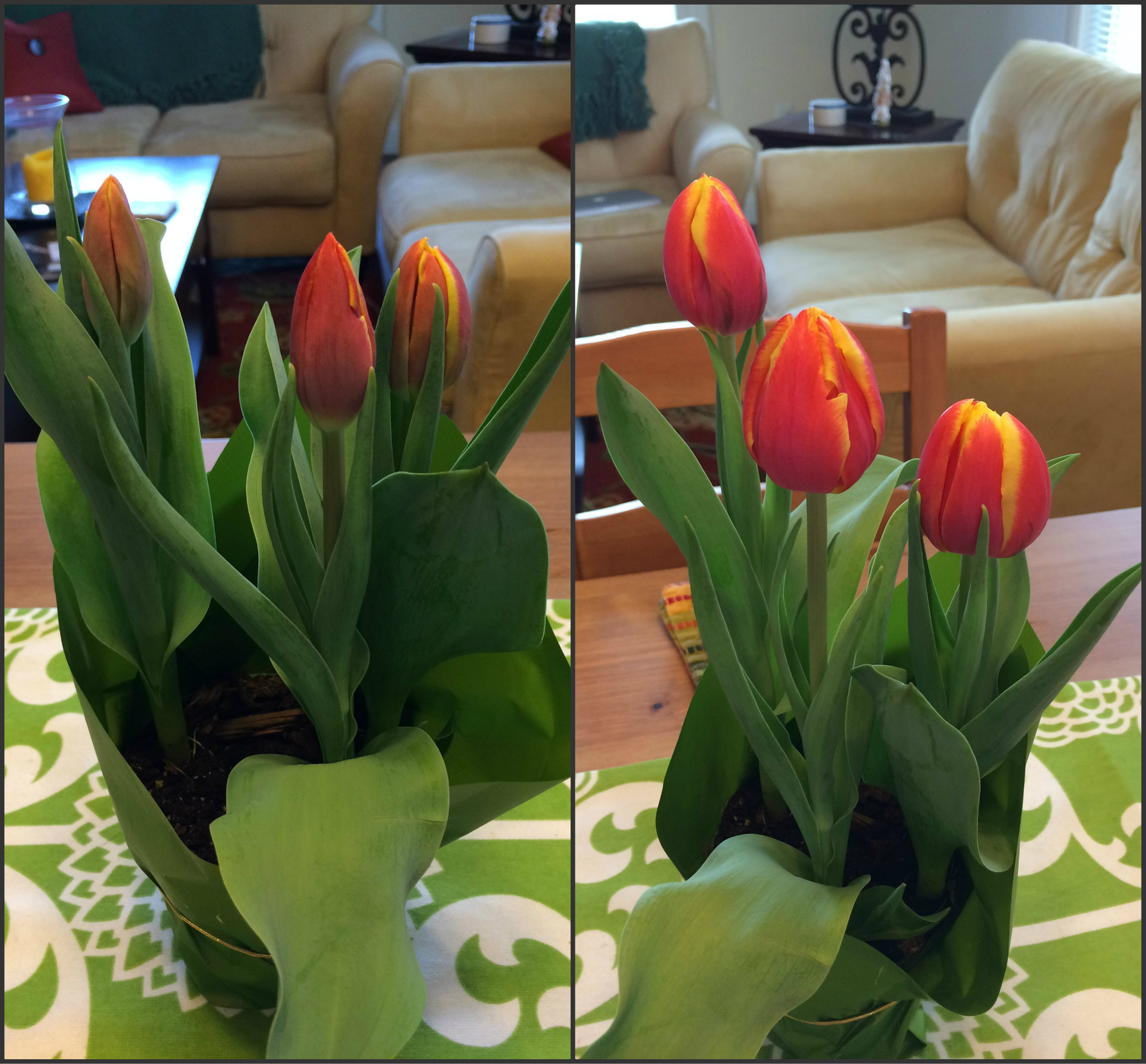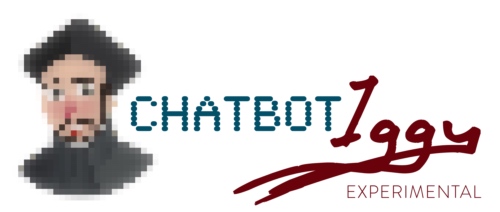The two times I’ve seen the movie Hugo, I’ve been touched by a scene in which Hugo is in the train station’s inside clock with his new friend Isabelle looking down on Monsieur Labisse, the bookshop owner.
Hugo: He’s got real… purpose.
Isabelle: What do you mean?
Hugo: Everything has a purpose. Even machines. Clocks tell the time. Trains take you places. They do what they’re meant to do. Like Monsieur Labisse. Maybe that’s why broken machines make me so sad. They can’t do what they’re meant to do… Maybe it’s the same with people! If you lose your purpose it’s like you’re broken.
Isabelle: Like Papa George?
Hugo: Maybe we can fix him.
Isabelle: Is that your purpose? Fixing things?
Hugo: I don’t know. It’s what my father did.
Isabelle: I wonder what my purpose is.
Hugo: I don’t know.
Hugo then takes Isabelle to the clock tower looking down over Paris at nighttime:
Hugo: Right after my father died I would come up here a lot. I’d imagine the whole world was one big machine. Machines never come with any extra parts, you know. They always come with the exact amount they need. So I figured, if the entire world was one big machine, I couldn’t be an extra part. I had to be here for some reason. And that means you have to be here for some reason, too.
Hugo’s analogy of us being parts that have specific purposes in the machine of the world is a good one. Saint Ignatius truly saw each person created by God to be a part of God’s plan for the world. Pierre Teilhard de Chardin, SJ might have called this plan the “God Project”. He would say that each of us are co-creators with God in the unfolding creation of the world and universe. St Ignatius’ Principle and Foundation is paraphrased well by author Louis M. Savary in the Chardin spirit:
“You were created to make a unique contribution to the great evolutionary project initiated and continually supported by God, namely, bringing all creation together into one magnificent conscious loving union. […] And God is with you as you undergo whatever diminishments may befall you as you cooperate with others in your efforts and actions in pursuing this divine project—the purpose for which we, individually and collectively, were created.”
(from The New Spiritual Exercises)
 So what’s your purpose? We’re more than a cog in a machine. You and I have been made with talents and capacities that allow us to play an important role in on-going Creation. I have no desire to be a lawyer, but thank God that there are people who have been made for that purpose. I have no desire or ability to build buildings and homes, but good thing God made people who can do that! And all these people contribute to the world. Others have talents that help me live and I have talents that add something to the lives of others.
So what’s your purpose? We’re more than a cog in a machine. You and I have been made with talents and capacities that allow us to play an important role in on-going Creation. I have no desire to be a lawyer, but thank God that there are people who have been made for that purpose. I have no desire or ability to build buildings and homes, but good thing God made people who can do that! And all these people contribute to the world. Others have talents that help me live and I have talents that add something to the lives of others.
Hugo realised that the world doesn’t come with “extra” parts. That means you and I are part of that “right amount” of parts the world needs. At times it’s hard to accept this truth. At times we can feel broken or unneeded, as if we’ve lost our purpose. The thing is, it’s because we’ve not found our purpose yet, or we’ve lost track of it. Here are some questions to reflect on:
- What ability or skill do I have that no one else knows?
- What do others always seem to tell me I’m good at?
- How can I love the world like God does?
- What do I have a knack at?
- Which role that I have am I especially good at? (Mother, son, bartender, friend, counsellor, boss, sister, doctor, lover, writer, etc.)
Everyone has a purpose. Chardin and Ignatius would tell you that you are crucial to God’s plan for the world. God can’t do it without you, at least not in quite the same way. Daniel Lord, SJ, soon after he was diagnosed with cancer, prayed, “For some strange reason, Lord, you depend upon me…. It is a challenge and a trust, an inspiration and a call to character.”
Your challenge: God depends on you. God trusts in you. God needs you. What is your purpose?









Still got no purpose eventh8ugh I have read it.I dunno what I’m good at.My friend never tell me.And prayong isn’t the answer. I’ve prayed to God to ask what is my purpose yet I still nowhere to find it. Can u help me guys?
Just because we don’t see or understand our purpose does not mean it does not exist, only that it has not been revealed to us. If we are living everyday, in the big and small, to bring honor to the mighty G-d we serve, then we are fulfilling our purpose even if we don’t see it. The scriptures tell us that G-d has a plan for us- it is a promise in the scriptures. We are not promised knowledge of the plan. It is hard daily living on faith toward and contributing to an unknown plan. I will pray for you to have a peace that passes understanding while you wait upon The Lord and discernment of your purpose. In the mean time, to borrow from another movie, “Just keep swimming!”
Genuinely when someone doesn’t know after that its up to other users that they will help, so here it happens.
You can start asking your near and dear ones, friends, teachers, colleagues to let your know what you are good at. The teacher appears when the learner is willing. Similarly you need ask God for this with a sense of surrender and humility. Some times we need to stop asking and start observing, look back at different instances in our life, which we were able to do well and from which we derived satisfaction. Some times we need to put ourselves in shoes of others and see if you would enjoy being in that role.